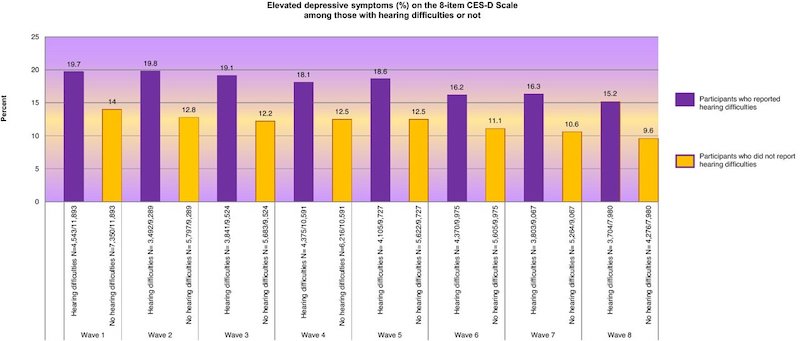How Does Hearing Loss Affect Quality of Life in the Elderly?

If you are an older adult, you may be concerned about hearing loss. There are various treatments for hearing impairment, but it can affect your social life, balance, and depression. Listed below are some treatments for hearing loss. Read on to learn about the potential benefits and drawbacks of each one.
Treatment options for hearing loss
There are a number of treatment options for hearing loss in the elderly, including hearing aids and cochlear implants. These devices are surgically implanted into the ear to correct hearing loss and improve speech understanding. These procedures can be very costly, but Medicare covers a substantial amount of the cost.
Hearing loss in the elderly is a common condition, but it is often under-recognized and under-treated. This makes it even more important for clinicians to be aware of the symptoms and treatment options to identify hearing loss in elderly patients. Early diagnosis can help prevent further complications and improve the patient's quality of life. This article reviews the causes of hearing loss and describes a systematic approach to its diagnosis and management.
Impact on social activity
Hearing loss is a major health concern for older adults. It can limit effective social interactions and the ability to form meaningful relationships. It can also lead to lower life satisfaction, diminished quality of life, and increased mortality. Therefore, it is important to understand how hearing loss affects social life and its consequences.
In the present study, we sought to assess the impact of hearing loss on social activity in the elderly. Social engagement is associated with increased feelings of companionship and emotional exchange, which may decrease feelings of isolation.
Impact on balance
Several studies have shown that hearing loss can affect balance and gait speed. Several studies have also shown associations between hearing loss and fall risk. In order to better understand the effect of hearing loss on balance, it is important to look at the whole picture, including hearing and balance. In the current study, the researchers compared the hearing abilities of elderly people who had hearing loss and those who did not.
The first test involves standing on a soft, compressible surface. The second test requires the individual to balance with one foot in front of the other. In both tests, participants are timed to see how long they can stand in the different positions.
